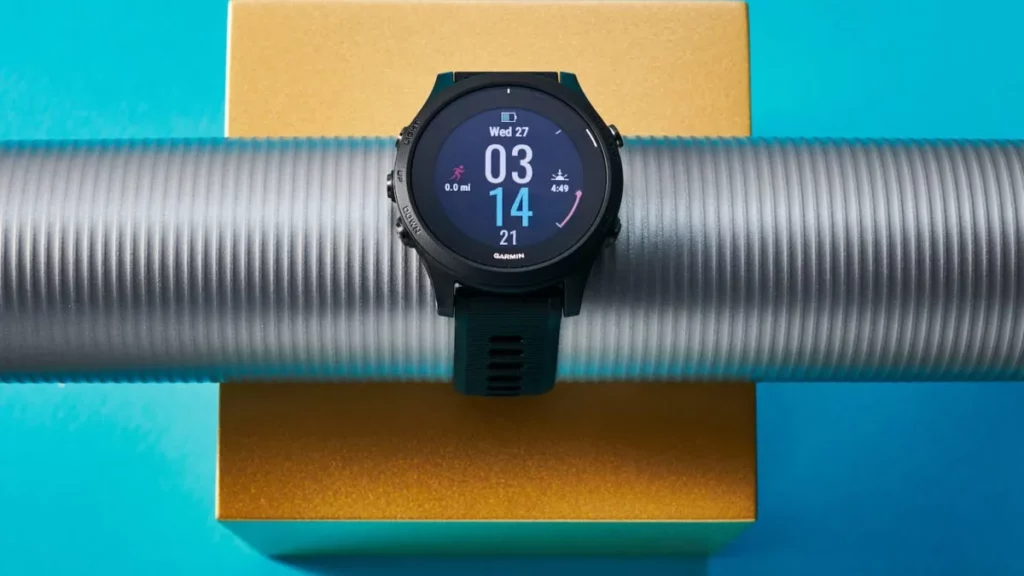
New Study Finds Smartwatches Aren’t That Good at Measuring Stress
A recent study has thrown cold water on the notion of relying solely on smartwatches to gauge stress levels. Researchers have discovered that these devices, touted as a means of monitoring psychological states, are in fact woefully inadequate for this purpose.
In the study, participants were instructed to wear Garmin VivoSmart 4 watches and report their emotional states against the metrics collected by the device. A staggering lack of correlation was found between the self-reported stress scores and those provided by the smartwatches themselves. This glaring disparity has significant implications for anyone looking to use these devices as a means of monitoring mental well-being.
One of the study’s authors, Eiko Fried, emphasized the importance of caution when using such technology. “Be careful and don’t live by your smartwatch,” he advised. “These are consumer devices, not medical devices.” This sobering reality should prompt users to think twice before relying on these gadgets as a means of monitoring their mental health.
It’s worth noting that while smartwatches failed to accurately measure stress levels, they did demonstrate some ability in other areas such as sleep tracking and tiredness. However, this limited effectiveness does little to salvage the overall poor performance when it comes to stress measurement.
In related news, Garmin has advertised the stress-tracking capability of its devices on its website, stating that the company uses a combination of heart rate and HRV (heart rate variability) data to estimate stress levels. The report also mentioned that wearing the device more frequently can lead to better measurements.
Source: gizmodo.com


